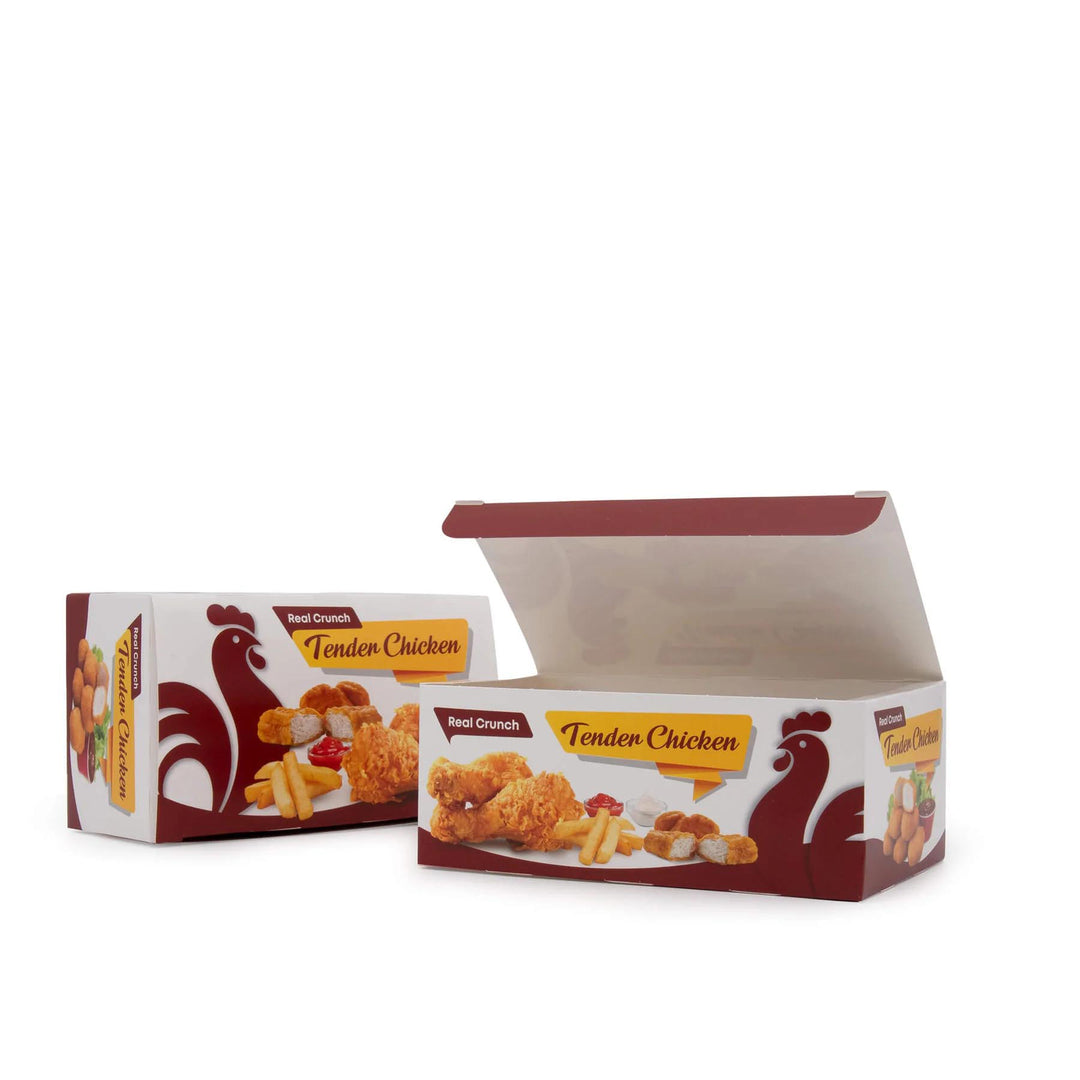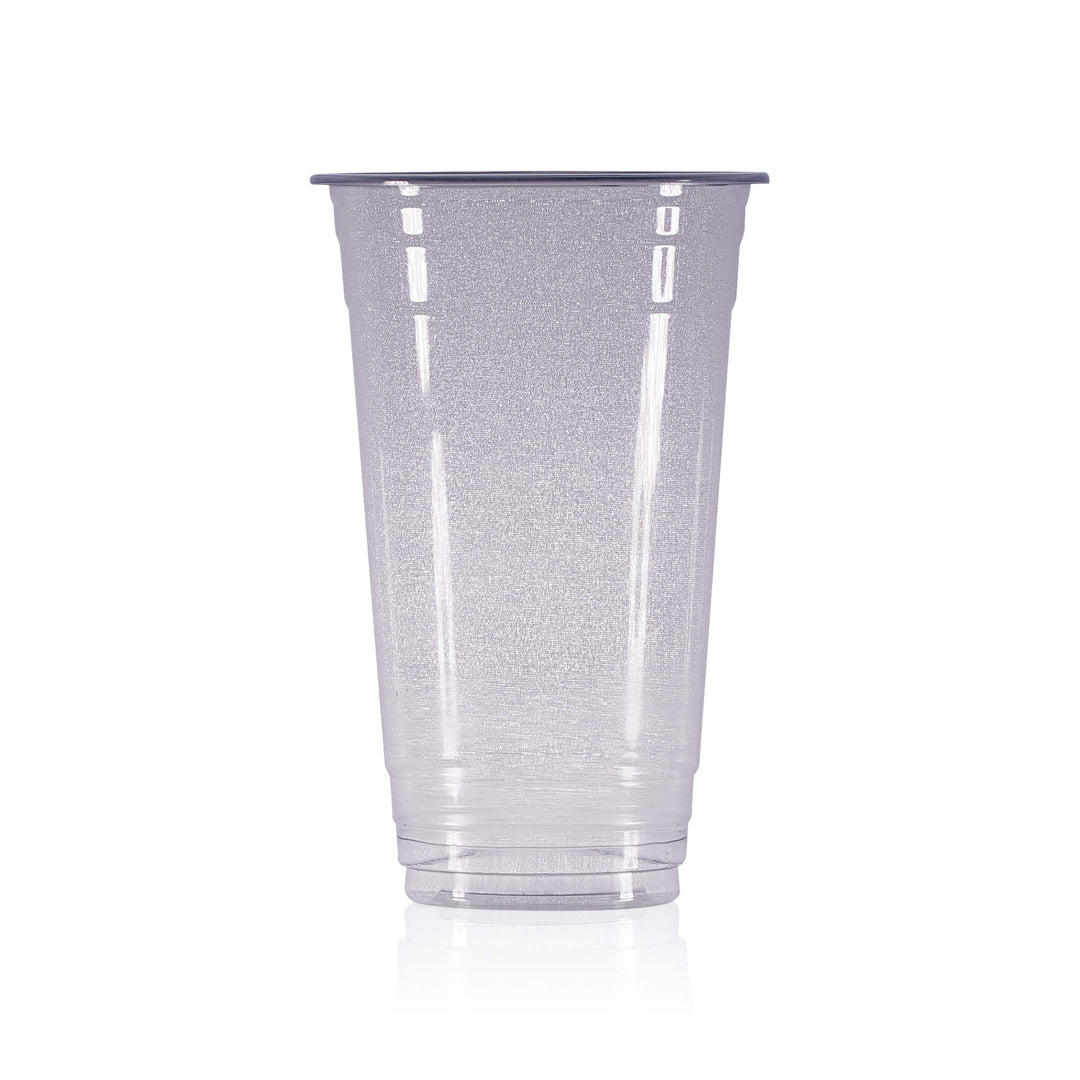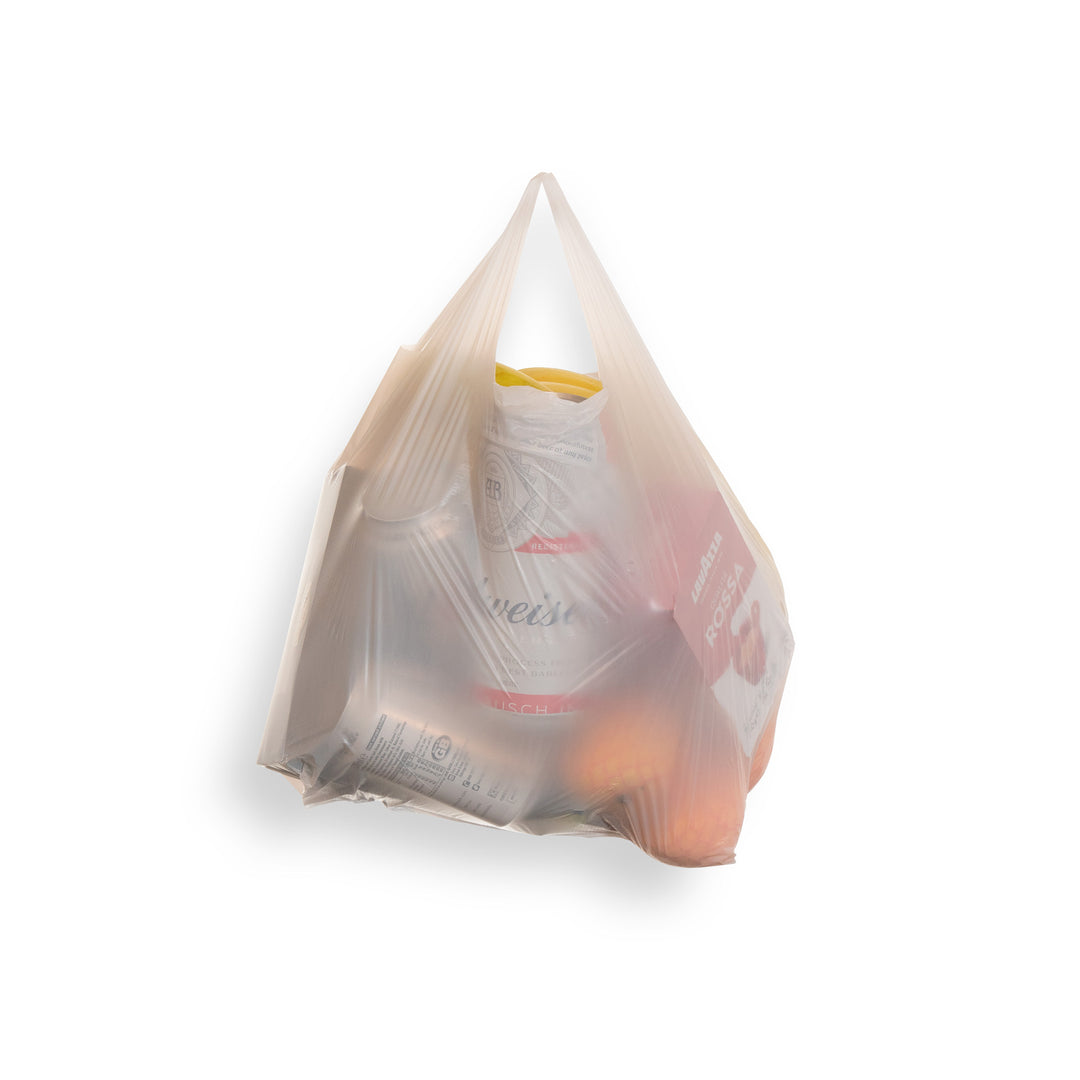Recyclable vs Compostable Food Packaging: Which is Better?
What is recyclable food packaging?
Recyclable products can be reprocessed into something else once their original use has ended. For example, writing paper can be recycled into toilet paper, and an item, such as a glass bottle, can be recycled into the same thing.
Using recyclable food packaging boxes – such as our cardboard burger boxes – is one way that people can help with cutting down on products being lost into landfill or being incinerated, which would then reduce the harmful chemicals released into the soil and air.
Below are a few of the recyclable food boxes and recyclable takeaway boxes that we offer at Albiz Packaging:
What are the pros and cons of recyclable food packaging?
Pros:
- By using more recyclable packaging, people and businesses can reduce the impact landfills have on the environment. Landfill rubbish breaks down at a very slow rate, causing problems for future generations, in addition to producing harmful chemicals, such as toxins released by electronic items which leech into the soil and groundwater. When water filters through the waste – for example, rain filtering through landfill – this causes a toxic liquid called Leachate.
- By recycling, people can also reduce waste going to incineration plants. The toxic chemicals and pollutants that incineration plants release can cause lung disease, heart disease, and cancer, as well as other health problems.
- Recycling can reduce the demand for new products which means less material is needed, such as timber, which in turn decreases the negative impact on the environment.
- Recycling products lower costs.
- More jobs are made through recycling, plus, these are green jobs, which is relevant for the greener future we are working towards.
- Recycling, on a whole, raises people’s awareness of our planet, and what we can all do to protect it.
Cons:
- Recyclable products can be more expensive to buy than non-recyclable products. One of the reasons is because plastic is cheaper to produce than glass or metal.
- Cross contamination. Recycling only works if people use the system correctly. If an item is put into the wrong bin, then that whole bin will possibly be put straight into landfill.
- It’s not enough. Some people think recycling is all they need to do to help fight climate change. This way of thinking can prevent people from trying other green habits, or it will encourage them to think that because they recycle it cancels out the habits they have which already negatively impact the environment.
What is compostable food packaging?
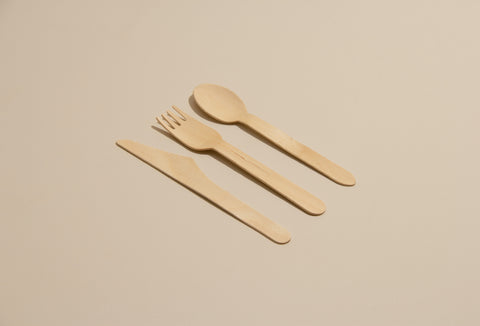
Compostable food boxes are made from organic material and are developed to break down within six to twelve weeks. Once broken down, compostable products put nutrients back into the soil.
Below are some of the compostable items that we offer at Albiz Packaging:
What are the pros and cons of compostable food packaging?
Pros:
- Compostable products naturally degrade into the soil without leaving any toxins.
- Compostable products disintegrate quickly.
- They’re a natural fertiliser for plants as well as enhancing the soil quality.
- A lot of compostable products can be disposed of at home.
Cons:
- There are only 50 industrial facilities in the UK able to process compostable products.
- As with recyclable items, if compostable products are mixed with non-compostable products, then this may mean the whole bin will have to go into landfill, as there isn’t the manpower at the industrial facilities to sort through and separate items.
What is the difference in the disposal routes?
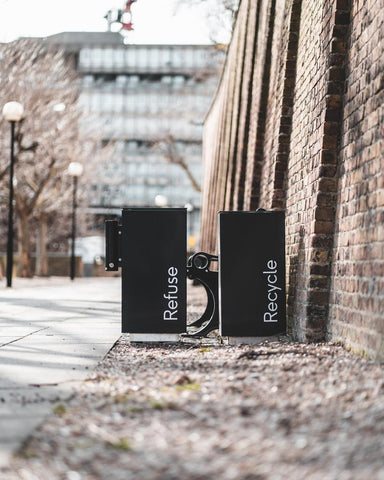
Recycling is not solely one person’s responsibility. Results are achieved (and felt) only if other people are being responsible for their own recycling. It takes a community to make a difference! To feel the positive effects of recycling, it is necessary to ensure that the right items are placed into the correct bins to avoid contamination.
Using compostable products can be hard as well and knowing exactly what can be broken down can get a little tricky. In addition, this method of disposal can be less advantageous for a wider range of people since the benefits may only be felt by you, for example, when using a compost heap in your garden.
Recyclable vs Compostable Packaging: Conclusion
Now that we've considered the pros and cons of using recyclable and compostable products, it’s time to weigh up which option is better. But there probably isn’t a straightforward answer – it may just come down to a matter of personal preference.
One thing to make note of, however, is that recyclable products can quickly be turned into something else, whereas compostable products need more resources and time to turn the soil they’ve broken down to, back into a product.
In later years, people have become more mindful when purchasing items, such as switching to eco-friendly products, which has become easier to do since there are more options now available on the market. Even many restaurants and takeaway businesses have made changes in the way they operate to ensure they’re more eco-friendly. However, it is the disposal of rubbish which can cause an issue. If a non-biodegradable product is mixed in with the items intended to be recycled, then this could mean the whole bin gets sent to landfill, because there simply may not be the resources available to sift through the rubbish.
Is there any alternative food packaging?
An alternative to recyclable or compostable packaging is purchasing items that are biodegradable. Packaging made from a biodegradable material means that it will be broken down organically and then turned into a natural compound, such as soil.
As with recyclable and compostable products, there are many pros and cons to using biodegradable packaging.
What are the pros and cons of biodegradable food packaging?
Pros:
- Biodegradable products can break down in a natural environment.
- When exposed to oxygen or light, biodegradable products usually decompose within three to six months.
- It costs less to manufacture biodegradable products.
Cons:
- Biodegradable products are not regulated or certified. This means that an item being advertised as biodegradable could actually be made up of 50% organic material and 50% plastic.
- Certain biodegradable products can still release harmful chemicals when decomposing.
- There’s the risk of contamination, as with recyclable and compostable products.
Our cardboard burger box is recyclable, which means it is perfect for takeaway businesses. Your customers will appreciate their delicious burger being packaged in this eco-friendly box.


